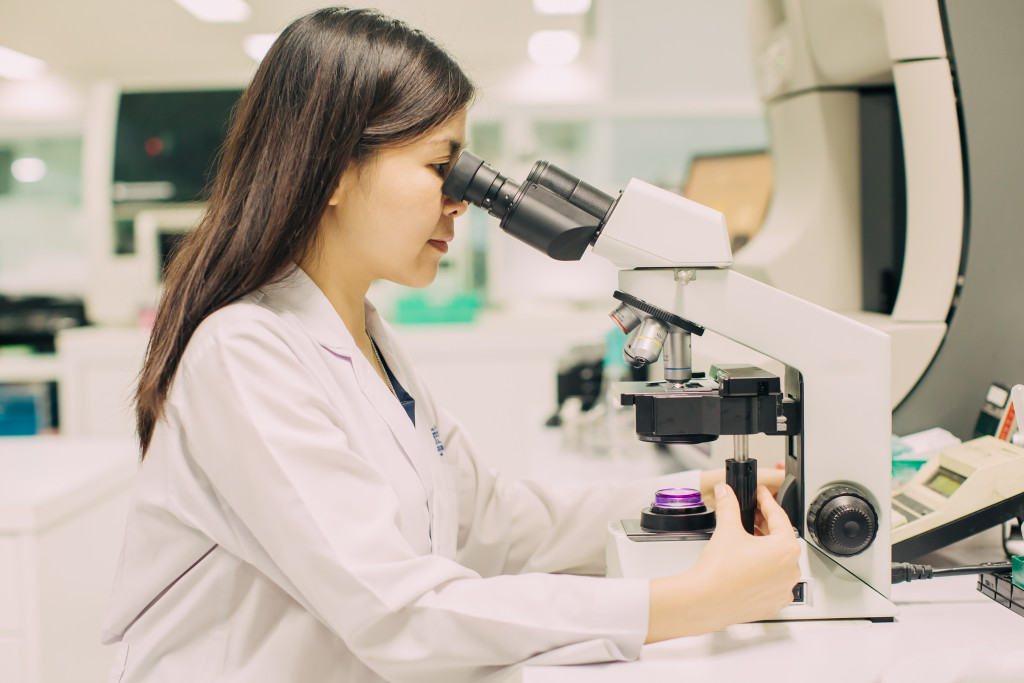There is no question that orphan diseases are a serious global health concern. They can affect any organ or system in the body and may be life-threatening. Unfortunately, many people are unaware of orphan diseases’ impact on human health. Although they are relatively common, only about 300 million people worldwide suffer from an orphan disease.
Despite their prevalence, many orphan diseases still lack an effective treatment or cure. This makes them extremely difficult to manage and often leaves patients and their families feeling isolated and alone. The good news is that there is increasing interest in orphan diseases from the scientific community, and new treatments are being developed all the time.
What is an Orphan Disease?
Orphan diseases are rare, serious illnesses that affect less than 200,000 people in the United States. They can be caused by various factors, including genetic defects, environmental toxins, and infections. Some of the most common orphan diseases include spina bifida, Huntington’s disease, and sickle cell anemia.
The term “orphan disease” was first introduced in the United States in 1983, when a law was passed to provide funding for research into these illnesses. The Orphan Drug Act gave pharmaceutical companies financial incentives to develop treatments for rare diseases.
Since then, the definition of “orphan disease” has gradually expanded to include any serious illness that affects less than a million people. This means that the term now consists of various conditions, from rare genetic disorders to common cancers.
The Impact of Orphan Diseases on the Human Body
Orphan diseases can affect any organ or system in the body. They often cause serious, life-threatening problems. Some of the most common symptoms include:
- Severe pain
- Organ failure
- Neurological problems
- Mental illness
- Death
Since orphan diseases are rare, they often go undiagnosed or are misdiagnosed as something else. This can make them very difficult to treat. In addition, there is often a lack of awareness about these diseases among both patients and healthcare professionals. As a result, many patients do not receive the care and support they need.
The Challenges Faced by Patients with Orphan Diseases
Managing an orphan disease can be highly challenging for patients and their families. Often, these diseases are relatively rare and lack an effective treatment or cure. This can leave patients feeling alone and isolated because they often don’t know anyone else dealing with the same condition.
Patients with orphan diseases also face many challenges, such as:
1) Difficulty accessing quality care
Because orphan diseases are rare, it can be difficult for patients to find a doctor specializing in their condition. And even if they do find a specialist, there may not be enough information about managing their disease best. Patients must connect with other people living with an orphan disease.
2) Limited treatment options
Most orphan diseases lack an effective treatment or cure. This can be very frustrating for patients who often have to live with the disease for many years because no treatment is available. Of course, many are helping advance medicine by becoming research volunteers, but treatments are still few and far between.
3) Difficulty getting insurance coverage
Many insurance companies are reluctant to provide coverage for treatments for orphan diseases because they are considered “experimental.” This can be a significant challenge for patients who need expensive treatments, such as gene therapy or stem cell therapy.
4) Increased risk of health complications
Orphan diseases can affect any organ or system in the body, leading to a wide range of health complications. Patients may require frequent hospitalizations and surgeries to manage their condition, which can be very expensive.
Ways to Raise Awareness About Orphan Diseases

There are many ways to raise awareness about orphan diseases. One way is to educate healthcare professionals about these diseases. This can help to ensure that patients with orphan diseases receive the best possible care.
Patients and their families can also raise awareness by sharing their stories online or in print media since these diseases often go undiagnosed or are misdiagnosed. This can help educate others about the challenges faced by patients with orphan diseases.
Another way to raise awareness is to join or support an organization that advocates for patients with orphan diseases. These organizations often hold awareness events and provide information and support to patients and their families.
Finally, patients and their families can support organizations working to find treatments and cures for orphan diseases. This can help advance medical research and improve the quality of life for people living with these conditions.
The Bottom Line
At the end of the day, it’s important to remember that patients with orphan diseases are just like any other person. They deserve to be treated with respect and compassion, and they need your support. So, please take the time to learn more about these diseases and how you can help.






